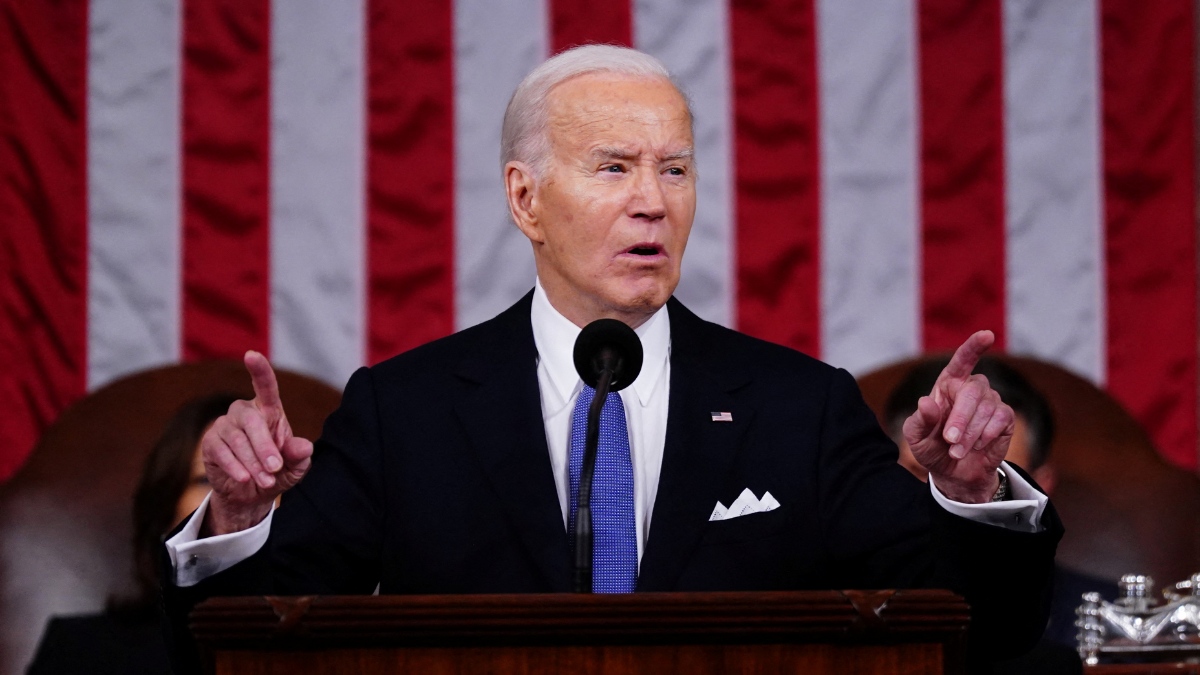In the ever-evolving landscape of global politics and policymaking, few issues resonate as deeply and persistently as immigration. It’s a complex tapestry woven from legal frameworks, socio-economic dynamics and geopolitical considerations. Recently, the United States found itself at the epicentre of this intricate web, grappling with an immigration crisis that even the most sophisticated AI systems couldn’t untangle.
The focus of this turmoil? The Lone Star State: Texas.
The legal showdown
The saga began with Texas, a border state in perennial conflict with the federal government’s immigration policies. Texas, weary of the perennial influx of undocumented migrants, decided to take matters into its own hands. It enacted its own immigration law, granting itself sweeping powers to detain, prosecute and even order migrants to return to their home countries.
However, the Biden administration swiftly moved to challenge this law, obtaining an injunction from lower courts. But Texas didn’t yield easily. It pushed the case to the Supreme Court, which, in a recent ruling, sided with Texas, allowing it to implement its immigration law temporarily.
Yet, this victory was short-lived. Lower courts intervened again, fast-tracking proceedings and putting the law’s implementation on hold once more. The legal battle is far from over with the possibility of the case returning to the Supreme Court, leaving the legality of Texas’ law still hanging in the balance.
“The United States Supreme Court, using all of its powers, or minimizing its own powers, is allowing SB-4 to be, enacted in Texas. Thereby allowing, other rogue states like Texas to pass patchwork immigration enforcement bills in their own states,” said Texas State Representative Armando Walle of the Democratic Party.
Biden’s Achilles’ Heel
For President Biden, immigration has emerged as his Achilles’ heel. Illegal crossings from Mexico skyrocketed during his tenure, reaching an all-time high of nearly 250,000 in December alone. Shockingly, over six million migrants have been detained at the American border during his presidency, surpassing figures from previous administrations.
Impact Shorts
More ShortsPublic sentiment mirrors this dissatisfaction, with polls indicating widespread disapproval of Biden’s handling of immigration. The Texan tussle only serves to highlight Biden’s vulnerabilities as America’s top court undermines his authority.
Battle of jurisdiction
Fundamentally, the case revolves around the question of jurisdiction: who holds the power to determine immigration policies and enforcement. Traditionally, it’s the federal government’s prerogative akin to India’s centralised approach. However, Texas’ defiance challenges this authority, sparking concerns among American allies like Mexico, which refuses to accept migrants deported by Texas.
The repercussions extend beyond America’s borders straining relations with allies. Mexico’s Foreign Affairs Minister denounced the Supreme Court’s approval of Texas’ law as anti-immigrant and discriminatory underscoring the international ramifications of America’s immigration quagmire.
“Today we are also at a critical moment where the Supreme Court of the United States approved today, yesterday it had put an impasse, but today it approved the SB 4 law, which is an anti-immigrant, xenophobic, discriminatory law,” said Mexico Foreign Affairs Minister Alicia Barcena.
Biden’s re-election gambit
As Biden seeks a second term to remedy this crisis, his path to re-election grows increasingly arduous. He faces waning support from his core voter base, particularly Latinos and Hispanics disillusioned by his immigration policies. The ongoing dispute only serves to weaken his electoral prospects further, posing a formidable challenge to his bid for another term in office.
America’s immigration turmoil transcends mere policy debates; it’s a multifaceted issue with far-reaching consequences, challenging not only domestic governance but also international relations. As the legal battles rage on and public discontent simmers, the quest for a sustainable solution remains elusive, reminding us that some problems defy even the most advanced technological solutions.
Views expressed in the above piece are personal and solely that of the author. They do not necessarily reflect Firstpost’s views.


)

)
)
)
)
)
)
)
)



